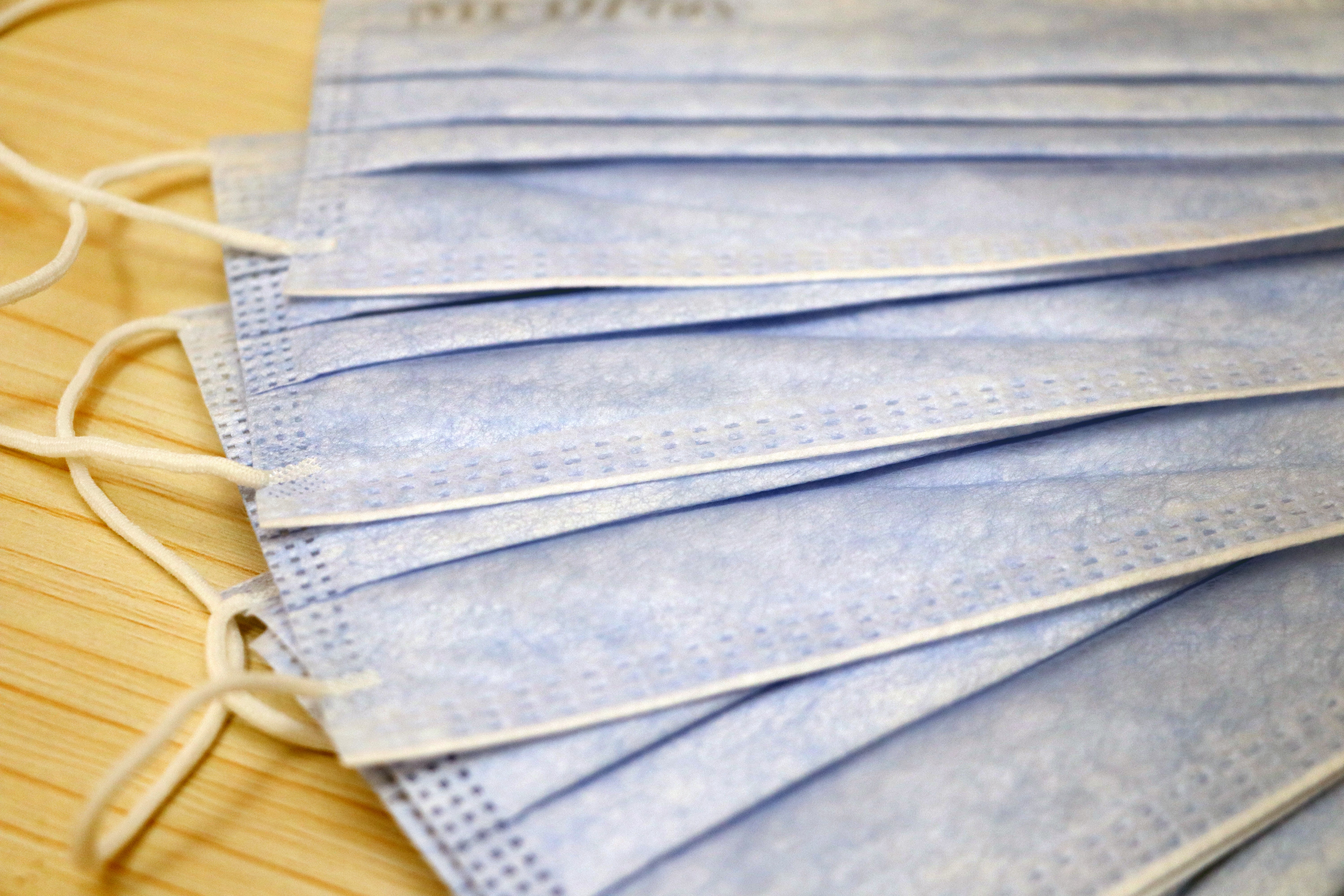
- Details
- By Lenzy Krehbiel Burton
With COVID-19 cases still climbing across Oklahoma, tribes are continuing to take additional mitigation efforts to try to slow the spread.
As part of a recently amended executive order from Gov. Reggie Wassana, the Cheyenne and Arapaho Tribes are now requiring all employees, visitors and patrons to wear masks at its offices and businesses, including its two travel plazas and four casinos.
The executive order also closes the Cheyenne and Arapaho powwow grounds until further notice for any kind of gatherings, including funerals and tribally sponsored dances.
According to data released by the Oklahoma State Department of Health Friday, there are 284 active cases of COVID-19 within the Cheyenne and Arapaho Tribes’ eight-county jurisdictional area. More than half of the active cases are in Canadian County, home to the tribe’s headquarters in Concho.
Statewide in Oklahoma, American Indians and Alaska Natives account for more than nine percent of all 46,897 positive COVID-19 cases.
Other Oklahoma tribes with mask mandates include the Absentee Shawnee Tribe, Citizen Potawatomi Nation, Cherokee Nation, Osage Nation, Shawnee Tribe and Choctaw Nation.
Along with additional mask mandates arising across the state, the list of canceled annual celebrations previously scheduled for cooler months continues to grow.
On Friday, the Seminole Nation of Oklahoma announced it will not host its annual Seminole Nation Days in September. The Wewoka-based tribe had to shutter its government offices for two weeks in July due to COVID-19 exposures.
“We will be starting to work on Seminole Nation Days 2021 immediately and expect an even bigger one to make up for a year off,” Principal Chief Greg Chilcoat said. “We are confident this extra time will allow our planners and employees to further develop the events and that our families, vendors and visitors will have more time to prepare for their festival stays. As the COVID-19 pandemic continues, it’s become clear that in the face of an unprecedented situation, we need to make tough choices.”
The United Keetoowah Band of Cherokee Indians made a similar announcement Monday when the tribe’s officials called off the Keetoowah Celebration, scheduled for October in Tahlequah, Okla.
“While unfortunate that our Anigiduwagi family cannot gather together this year to celebrate our many victories, including land in trust, we have made this decision out of love for your health and wellbeing,” tribal officials said in a statement posted to social media.
“Let’s all agree together to be apart, just for now. Both for you and your communities. By doing so, we can hopefully once more reach a day where it is safe to gather again and speak our language, share our stories and eat a traditional meal.”
More Stories Like This
Native News Weekly (August 25, 2024): D.C. BriefsNavajo Nation Mourns the Passing of Former Vice President Rex Lee Jim
Deb Haaland Earns Endorsement From Communications Workers of America Local 7076
University Soccer Standout Leads by Example
Two Native Americans Named to Democratic Congressional Campaign Committee's“Red to Blue” Program
Help us defend tribal sovereignty.
At Native News Online, our mission is rooted in telling the stories that strengthen sovereignty and uplift Indigenous voices — not just at year’s end, but every single day.
Because of your generosity last year, we were able to keep our reporters on the ground in tribal communities, at national gatherings and in the halls of Congress — covering the issues that matter most to Indian Country: sovereignty, culture, education, health and economic opportunity.
That support sustained us through a tough year in 2025. Now, as we look to the year ahead, we need your help right now to ensure warrior journalism remains strong — reporting that defends tribal sovereignty, amplifies Native truth, and holds power accountable.
 The stakes couldn't be higher. Your support keeps Native voices heard, Native stories told and Native sovereignty defended.
The stakes couldn't be higher. Your support keeps Native voices heard, Native stories told and Native sovereignty defended.
Stand with Warrior Journalism today.
Levi Rickert (Potawatomi), Editor & Publisher
